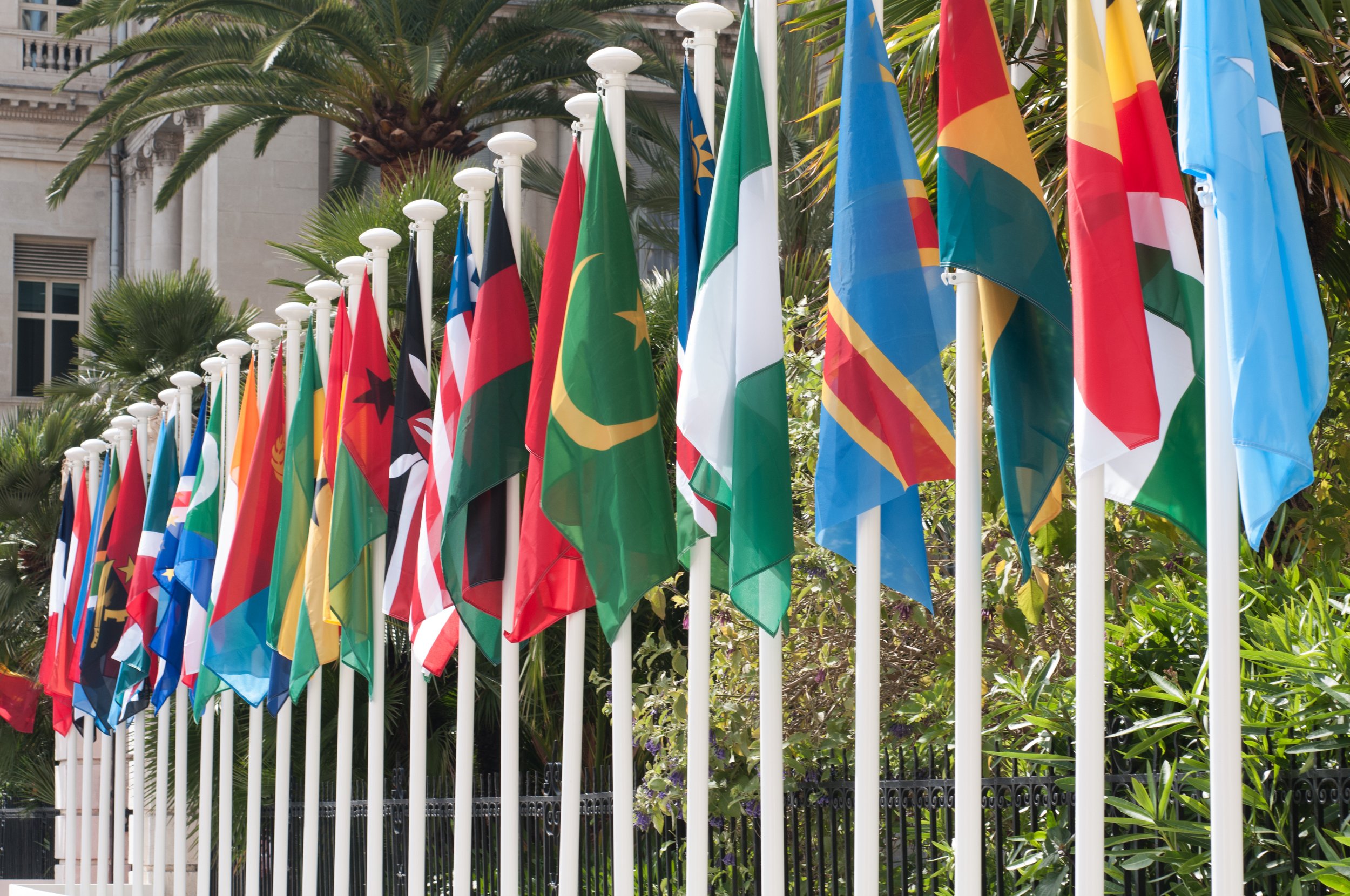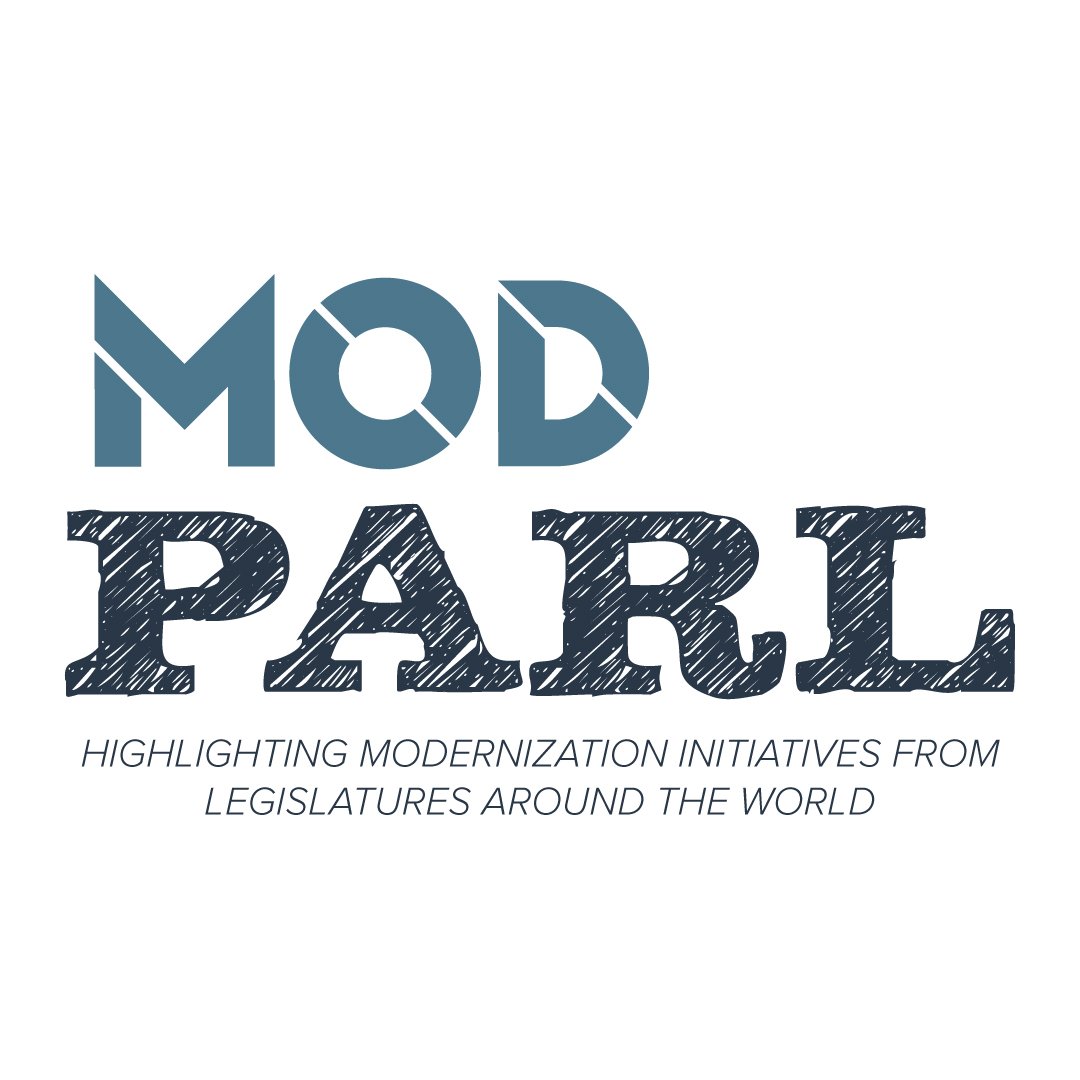
Comparative Legislative Strengthening Project
An information exchange on legislative modernization and an international network of legislative innovators
About the Comparative Legislative Strengthening Project
POPVOX Foundation’s Comparative Legislative Strengthening Project (CLSP) builds on the US experience to define its goal of helping make parliaments more effective, efficient, and transparent for legislators across the globe.
The term “pacing problem” describes the growing gap between the pace of science and technology and the lagging responsiveness of governments to incorporate emerging technologies. Legislative institutions are particularly affected by this mismatch, suffering from three distinct and interconnected pacing problems. First, they fail to keep pace with innovation changing industries and societies. Second, they lag behind other government institutions, which compromises their ability to produce public policy. And third, they do not adopt modern processes and technology to run their own operations.
As a response to the pacing problem, the US House of Representatives has led efforts to modernize its institutions and address this gap during the last four years. The Select Committee on the Modernization of Congress studied and developed 195 recommendations to make the House more effective, efficient, and transparent for its members. The experience has been successful, with 42 recommendations fully implemented and 82 partially implemented.
Led by fellow Beatriz Rey, PhD, POPVOX Foundation’s Comparative Legislative Strengthening Project (CLSP) builds on the US experience to define its goal of helping make parliaments modernize, i.e., make parliaments more effective, efficient, and transparent for legislators across the globe. CLSP seeks to promote cross-country sharing of modernization legislative practices that facilitate the work of members of parliaments. To achieve this goal, the project is structured on two pillars:
The first is the production and dissemination of knowledge on existing tools and practices of various legislative bodies. CLSP seeks to make information about how parliaments operate and their initiatives towards modernization accessible to policymakers, practitioners and academics worldwide.
The second pillar is the development of a network of parliamentarians working for legislative bodies in different countries. This network would allow parliamentarians to exchange information about how their institutions work and learn from their successes and failures in terms of modernizing efforts.
Thus, CLSP leverages information and relationships to create incentives for the modernization of legislatures in the world.
Situating the Comparative Legislative Strengthening Project
The CLSP seeks to initiate a conversation about the modernization of legislative bodies in any country or region.
CLSP complements the work of existing organizations to promote international parliamentary exchange. For instance, the Inter-Parliamentary Union (IPU), the largest institution with this mission, seeks to empower parliaments and parliamentarians to promote peace, democracy and sustainable development. While both CLSP and IPU share the desire to to connect parliaments and parliamentarians, CLSP’s primary focus is the modernization of legislative bodies. In other words, we only seek to create a network of parliamentarians to the extent that this network helps parliaments think about the modernization of their institutions. The same applies to forums such as OpeningParliaments.org, which lack a thematic focus for parliamentary exchange, or the International Legislation Association (IAL) and the National Association of Parliamentarians, which prioritize crafting legislation and procedure more broadly.
CLSP’s work is also not restricted to a specific regional focus. The International Centre for Parliamentary Studies, for example, is focused on the UK and Europe more broadly. Likewise, ParlAmericas works on legislative issues in the Americas and the House Democratic Partnership. While the House Democratic Partnership seeks to work with legislatures to share best practices that promote responsive and effective governance, the pool of countries with which the organization works is small (as it reflects strategic foreign policy partnerships for the United States). CLSP seeks to initiate a conversation about the modernization of legislative bodies in any country or region.
Finally, CLSP is structured around the modernizing needs of legislators, not legislative institutions. This focus is different from Bússola Tech’s mission to incentivize institutional modernization and the digital transformation of legislatures.




